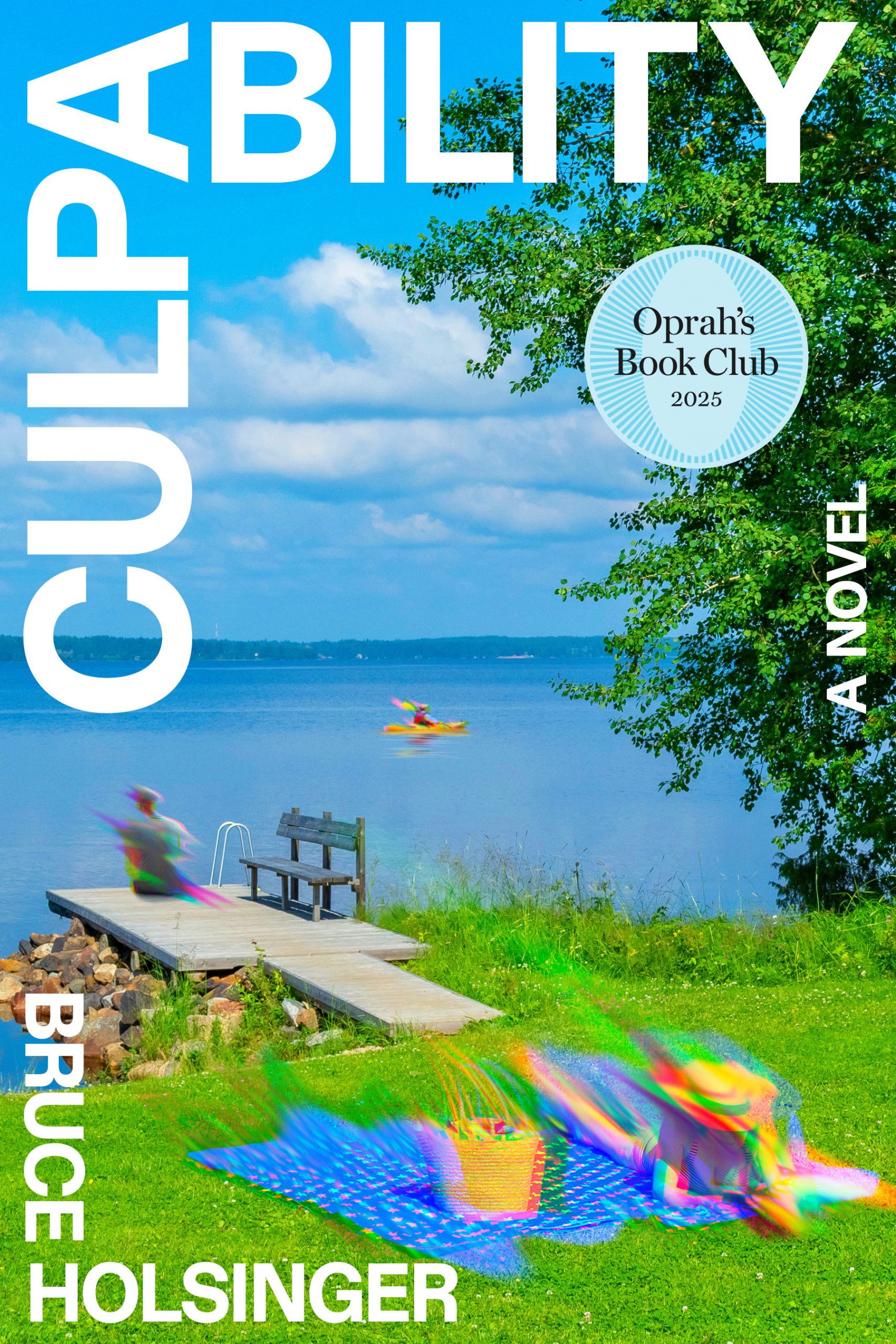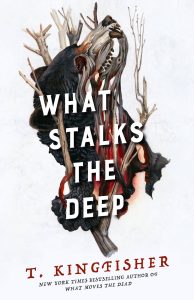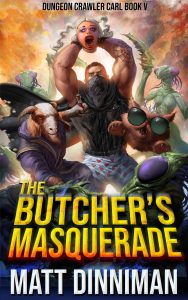
Bruce Holsinger’s Culpability is a daring and timely exploration of what happens when technology collides with human frailty. Set against the tranquil backdrop of Chesapeake Bay, the novel dives deep into questions of moral responsibility, guilt, and the limits of control in a world increasingly governed by artificial intelligence. Known for his sharp social commentary in The Gifted School, Holsinger turns his lens toward the ethical gray zones of AI, crafting a family drama that feels uncomfortably real.
The story begins with a devastating car accident. The Cassidy-Shaw family’s autonomous minivan crashes into another vehicle, killing two people. Seventeen-year-old Charlie was in the driver’s seat, his father Noah beside him, while his mother Lorelei renowned AI scientist was distracted by work. Their daughters, Alice and Izzy, were absorbed in their phones. Each member of the family holds a piece of the truth about what really happened, and as they retreat to a summer rental on the Chesapeake Bay to recover, their secrets begin to surface.
From the outset, Holsinger poses a difficult question: when an AI-controlled car kills someone, who is to blame? The human operators who were not paying attention? The engineer who designed the system? Or the machine itself? This central moral dilemma forms the backbone of the novel, which balances between a slow-burning family drama and an urgent reflection on our growing dependence on technology.
At its best, Culpability is quietly devastating. Holsinger’s writing captures the subtle emotional fractures that ripple through a family in crisis. The Bay setting is rendered with lyrical precision, its calm waters standing in stark contrast to the storm brewing beneath the surface of the Cassidy-Shaws’ carefully constructed lives. There are clear echoes of Ann Patchett and Celeste Ng in how Holsinger dissects domestic tension, yet his infusion of AI ethics gives the story a fresh and provocative edge.
However, as several readers have pointed out, the novel sometimes struggles to decide what it truly wants to be. Emily May, for instance, notes that it walks a line between moral philosophy and family drama, without fully committing to either. The result is a book that’s thematically rich but occasionally uneven. Some threads like Lorelei’s OCD, Alice’s chatbot obsession, or Noah’s insecurities are introduced but not deeply explored. Still, the mixed-media structure and shifting perspectives keep the narrative engaging, even when pacing slows.
Despite its imperfections, Culpability succeeds as an unsettling mirror of our time. It asks uncomfortable questions about our reliance on technology and our willingness to deflect blame when things go wrong. The title itself becomes a haunting refrain: who, ultimately, is culpable when human error and machine logic collide?
What makes this book stand out is its realism. Unlike the science fiction cautionary tales of the past, Holsinger’s story could happen today. His portrayal of AI’s quiet infiltration into daily life from cars to chatbots feels chillingly familiar. Beneath the technological themes lies an even deeper truth: that no matter how advanced our creations become, they will always reflect our own imperfections.
Verdict: Culpability is not a flawless novel, but it is an essential one. It’s thoughtful, provocative, and painfully relevant a story that will leave readers questioning not just artificial intelligence, but the very nature of human accountability. Perfect for fans of contemporary literary fiction that challenges both mind and conscience.
👉 Get your copy here: Culpability by Bruce Holsinger on Amazon


